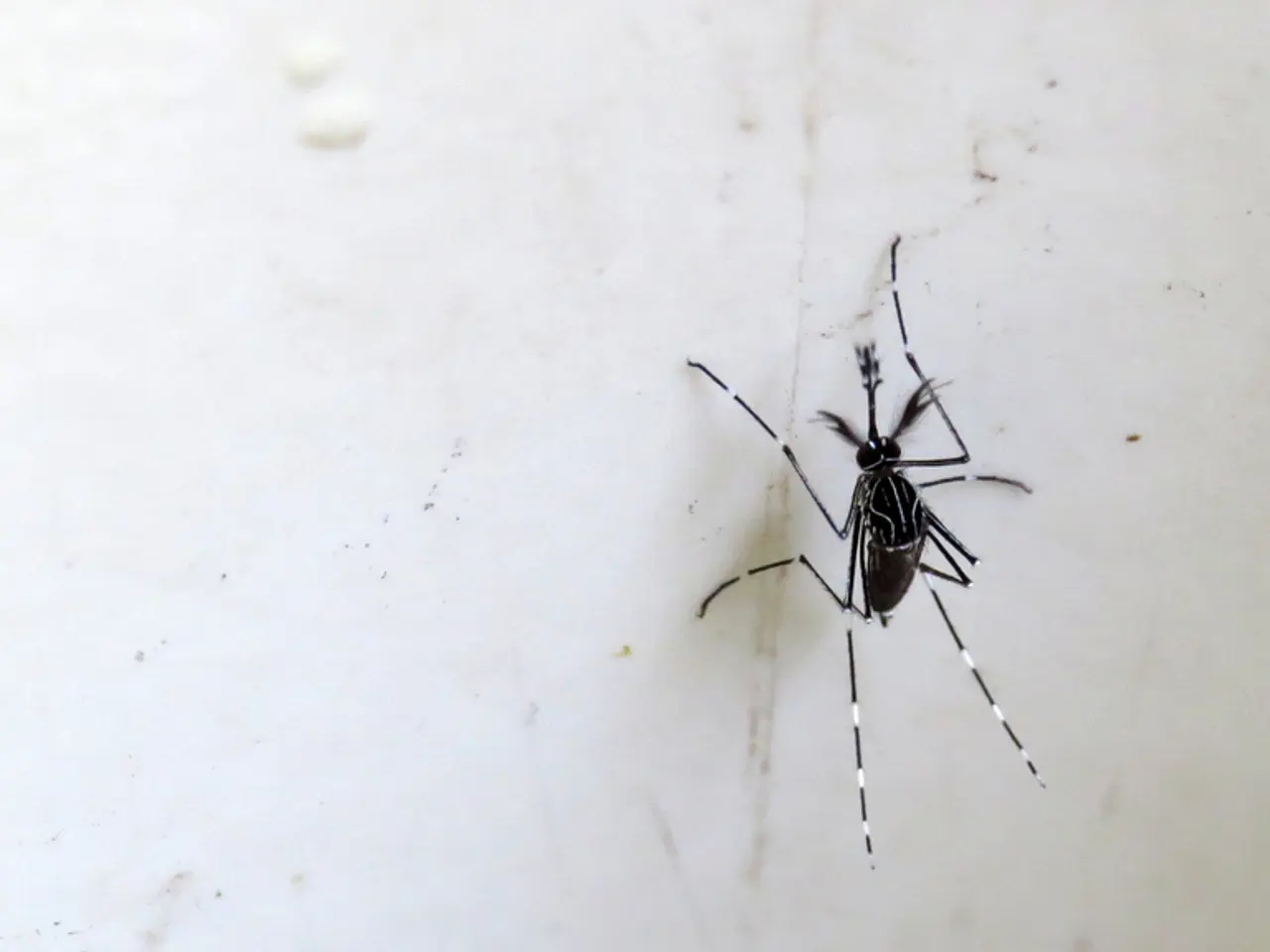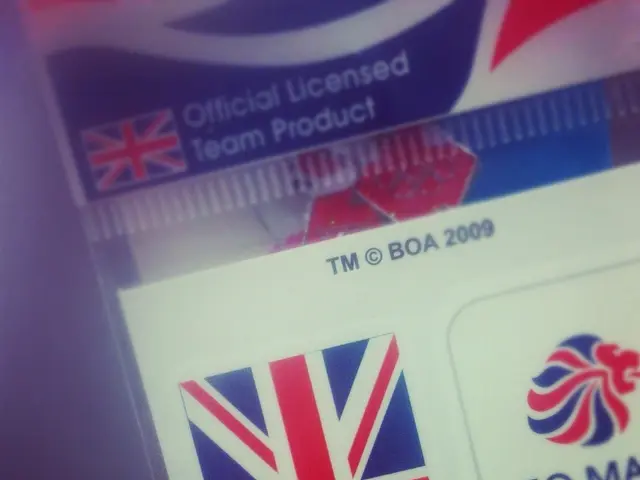International Mosquito Day 2025: Debunking 5 Common Mosquito Misconceptions
In the quest to protect ourselves from the pesky mosquitoes, it's essential to prioritize our health and the environment. Here are some scientifically proven natural mosquito repellents that offer a safer alternative to chemical repellents like DEET.
Citronella oil, a common ingredient in outdoor candles and sprays, masks human scents like carbon dioxide and lactic acid that attract mosquitoes, effectively confusing their senses and reducing bites.
Lemon eucalyptus oil, recognized by the CDC and EPA, is another effective natural repellent. It offers up to six hours of protection and is a plant-based alternative to chemical repellents.
Thyme oil, containing thymol, has been shown to be remarkably effective in repelling mosquitoes. It provides a natural option without harsh chemicals.
Basil oil also contains compounds that deter mosquitoes, acting as a natural bug banisher when used as an oil or burnt in fire pits.
Undecanone, a naturally occurring compound found in tomatoes and bananas, is the active ingredient in some new all-natural EPA-registered insect repellents. These products provide protection comparable to synthetic options.
These natural repellents have undergone rigorous testing and, in some cases, EPA certification, affirming their effectiveness. They offer alternatives for those who prefer to avoid chemical repellents.
It's important to note that mosquitoes can bite and come out during the day, not just at night. Using a fabric roll-on can help prevent mosquito bites during the day.
Female mosquitoes, but not males, have the ability to bite and consume blood. They need blood for protein, which they use for development and egg-laying.
Mosquitoes breed in clean and stagnant water, not just in sewage pipes, pools, and puddles. They can also breed in water clogged in the plant bottoms in your backyard.
While garlic and Vitamin B are often touted as mosquito repellents, there is no scientific evidence to support these claims.
World Mosquito Day, celebrated on August 20, is a day dedicated to dispelling myths and facts about mosquitoes. This year, let's remember to arm ourselves with scientifically proven natural repellents to enjoy a bite-free outdoor experience.
[1] National Pesticide Information Centre. (2021). Citronella Oil. Retrieved from https://npic.orst.edu/factsheets/citronella.html [2] Environmental Protection Agency. (2021). Undecanone. Retrieved from https://www.epa.gov/ingredients-used-pesticide-products/undecanone [3] Centers for Disease Control and Prevention. (2021). Insect Repellents. Retrieved from https://www.cdc.gov/healthywater/hygiene/mosquito/mosquito-repellents.html [4] World Health Organization. (2021). Insecticide Treated Nets and Indoor Residual Spraying. Retrieved from https://www.who.int/news-room/fact-sheets/detail/malaria-insecticide-treated-nets-and-indoor-residual-spraying [5] World Mosquito Program. (2021). Wolbachia. Retrieved from https://worldmosquitoprogram.org/what-we-do/our-strategy/wolbachia/
Read also:
- Eight strategies for promoting restful slumber in individuals with hypertrophic cardiomyopathy
- Exploring the Strength of Minimally Digestible Diets: A Roadmap to Gastrointestinal Healing
- Secondhand Smoke: Understanding its Nature, Impact on Health, and Additional Facts
- Overseeing and addressing seizure-induced high blood pressure complications in pregnancy, known as eclampsia







